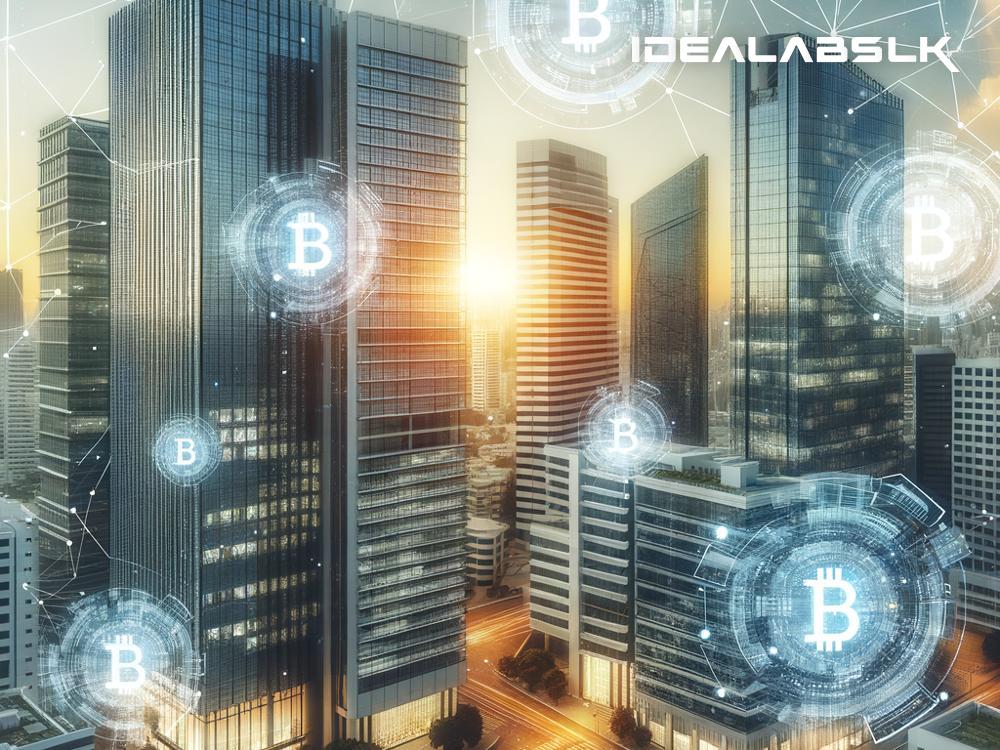Blockchain for Real Estate: Exploring the Power of Decentralized Investment Platforms
Real estate has always been a popular way for people to invest their money and potentially earn a solid return. Traditionally, buying property meant you needed a lot of money upfront, or you had to get involved with bank loans—making it a big decision not everyone could jump into. However, the digital age, especially the rise of blockchain technology, is revolutionizing how we can invest in real estate. Let's dive into the world of decentralized investment platforms and uncover how they're transforming real estate investment for the better.
Understanding Blockchain and Real Estate
First, let's break down what blockchain is in the simplest terms. Imagine a digital ledger that records transactions across many computers in a way that ensures the records cannot be altered retroactively. This is blockchain. It's the technology behind cryptocurrencies like Bitcoin but has far broader applications, including in the real estate sector.
Real estate transactions have traditionally been complex, involving lots of paperwork, middlemen like lawyers and real estate agents, and plenty of fees. Blockchain introduces a way to simplify and secure these transactions, making them faster, cheaper, and more accessible to more people.
The Rise of Decentralized Investment Platforms
Decentralized investment platforms are a game-changer in the real estate world. These platforms operate on blockchain technology, allowing individuals to invest in real estate without going through banks or traditional lending methods. Here's what makes them stand out:
-
Accessibility: You no longer need significant capital to start investing in real estate. Through tokenization—where real property is divided into digital tokens representing shares of the property—investors can buy into real estate with much smaller sums of money.
-
Transparency and Security: Blockchain's nature ensures that all transactions are transparent and immutable. This means once a transaction is recorded, it can't be changed or tampered with, reducing fraud and enhancing trust among investors.
-
Global Reach: These platforms aren't confined by geographic boundaries. An investor in one part of the world can easily invest in real estate located in another, essentially opening up global opportunities that weren't as easily accessible before.
-
Lower Costs: Traditional real estate investments come with a heap of fees—closing costs, agent commissions, etc. Decentralized platforms can significantly reduce these expenses, making investment cheaper and more efficient.
-
Liquidity: Real estate is known for being a relatively illiquid asset—it can take time to sell a property. However, through tokenization on a blockchain, investors can sell their shares to others without having to sell the entire property, making it easier to get their money out when needed.
Real-World Examples and Successes
Several platforms have already made strides in integrating blockchain with real estate investment. Companies like RealT and PropertyClub are offering tokenized properties, allowing people to invest small amounts into real estate and earn returns either through property appreciation or rental income.
Projects have sprung up around the globe, from tokenized apartment buildings in New York to luxury villas in Bali, showing the versatility and global appeal of these platforms.
Challenges and Considerations
While the benefits are compelling, there are challenges too. Regulatory hurdles are a significant obstacle, as the legal framework for tokenized assets is still evolving. There's also the matter of public adoption—while the idea is catching on, traditional methods of real estate investment are deeply ingrained and might take time to shift.
Investors should also do their homework—understanding the technology, the platforms, and the properties they're investing in is crucial to making informed decisions.
The Future of Real Estate on the Blockchain
The marriage of blockchain and real estate seems destined to grow stronger, offering a new realm of possibilities for investors worldwide. As technology advances and regulatory frameworks develop, we're likely to see an even greater expansion of decentralized investment platforms.
The potential for more accessible, transparent, and efficient real estate investment is enormous. By democratizing access to real estate investment opportunities and making transactions smoother and more cost-effective, blockchain stands to significantly empower investors, big and small, around the globe.
As we look to the future, it's clear that blockchain technology will continue to transform sectors far and wide—with real estate investment leading the charge towards a more decentralized and inclusive financial world.

